1 Freezing Fresh Meat for Too Long
It is recommended to store meat in the freezer compartment of your refrigerator to prolong its freshness, but this should not exceed one week. For cooked meat, three to five days is the maximum. If you plan to keep it in the chiller, two days is the limit.
Leaving meat in the chiller for extended periods can lead to bacterial growth, resulting in nutrient loss and altered flavor.
Additionally, prolonged refrigeration may negatively impact your health as protein molecules can denature, causing potential harm to your body.
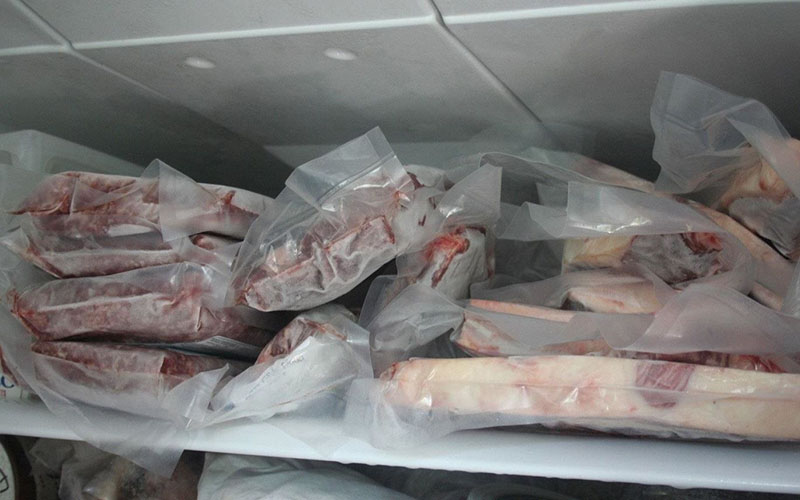
2 Not Washing Fresh Meat Before Freezing
It is a common practice among homemakers to store meat directly in the refrigerator without washing it first. This can lead to nutrient loss and the retention of bacteria and dirt on the meat’s surface, affecting its taste and safety.
To ensure optimal hygiene and flavor, it is crucial to wash the meat thoroughly, dry it, and then place it in a designated food storage container or bag before refrigerating. Labeling the package with the date will help you keep track of how long the meat has been stored.
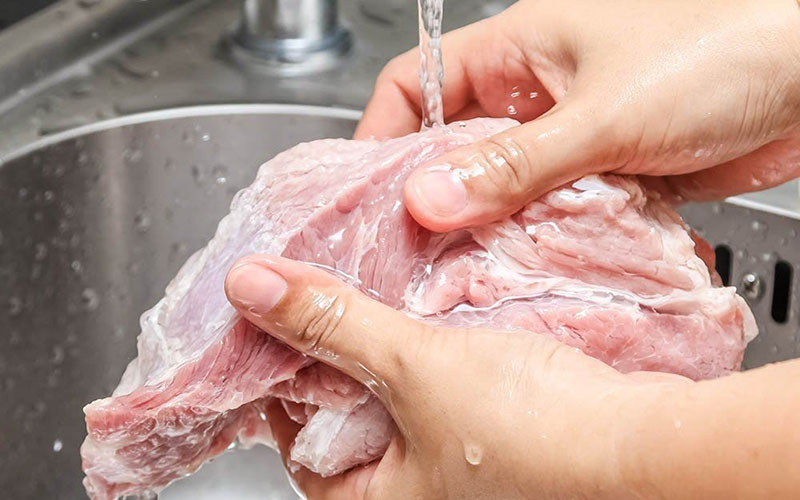
3 Refreezing Meat After Partial Use
It is a common misconception that meat can be refrozen after it has been thawed and partially used. This practice significantly increases bacterial growth and the risk of food poisoning. It is essential to only thaw the amount of meat you intend to consume and avoid refreezing it.
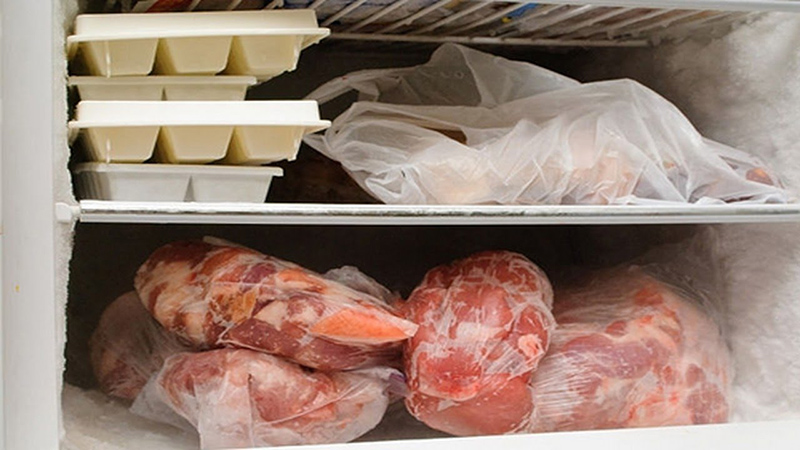
4 Improper Adjustment of Refrigerator Temperature
To save electricity, some people set their refrigerator temperature too high. However, this can accelerate food spoilage, even in the freezer compartment.
The ideal temperature for the chiller compartment is below 4°C, while the freezer should maintain a temperature below -18°C. Temperatures above 4°C provide an ideal environment for bacterial growth.
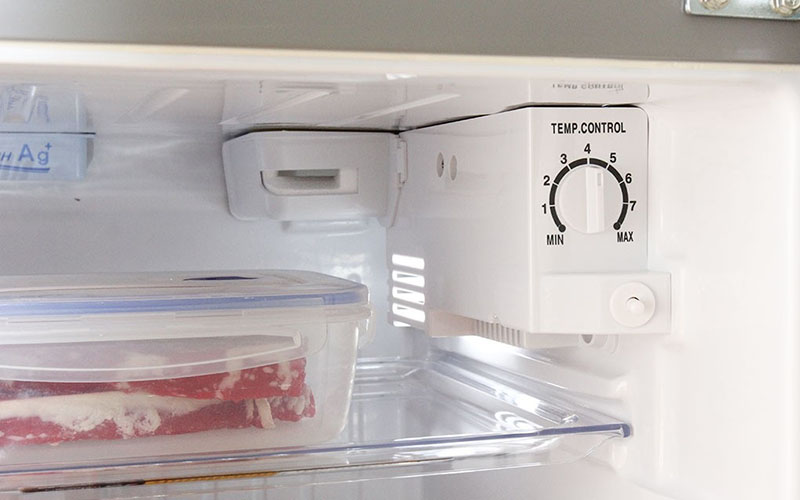
5 Not Washing Hands Before Handling Meat
Our hands are a breeding ground for bacteria, and when we handle food without washing them, we risk transferring these bacteria. This is especially true when preparing meat, as the chances of bacterial transmission and subsequent illness are significantly increased.
Hand washing is a critical step in preventing foodborne illnesses. Always wash your hands with soap and warm water for at least 20 seconds before handling or preparing any food.

Important Tips for Meat Storage
– Fresh meat should be consumed within three days of purchase, and it is advisable to cut it into smaller portions for easier use.
– For young children, it is best to serve freshly prepared meat rather than frozen or stored meat, as their digestive systems are more vulnerable than adults’.
– Avoid freezing cooked meat for extended periods. Even after thorough cooking, bacteria can still be present and cause digestive issues.
– Allow cooked meat to cool to room temperature before storing it in the freezer. This prevents the growth of microorganisms that can cause food poisoning.
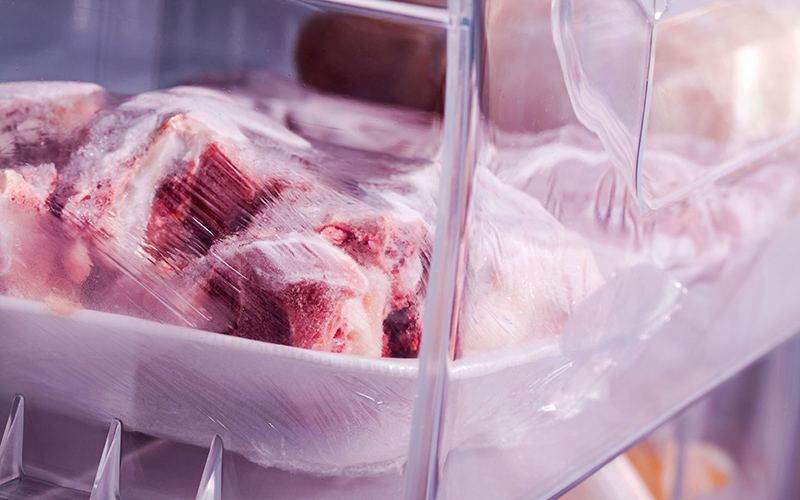
– Never place warm meat in the freezer, especially poultry that has just been slaughtered. Wash and cool the meat before storing it in the refrigerator.
– The safest way to thaw meat is to transfer it from the freezer to the chiller compartment. Alternatively, you can leave it at room temperature, but not for too long, especially during hot summer days.
– Use nylon bags or food wrap to package meat before freezing. To prevent freezer burn, which causes discoloration and moisture loss, limit the number of packaging layers to four or fewer.
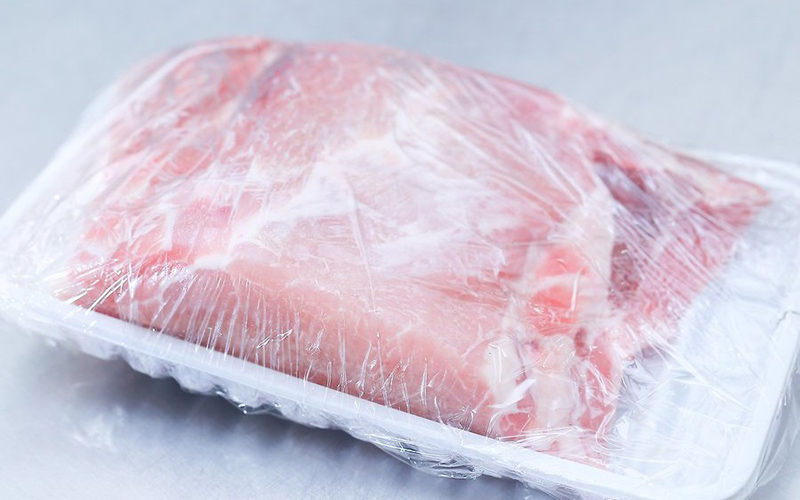
Follow these meat storage guidelines to ensure the health and well-being of your family.
For more information, please refer to afamily.vn





































